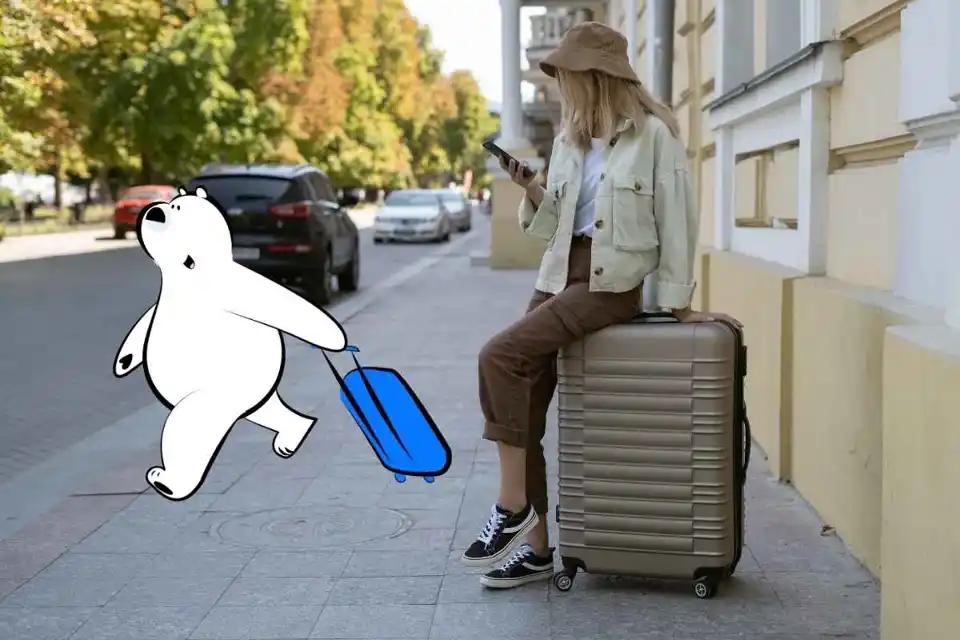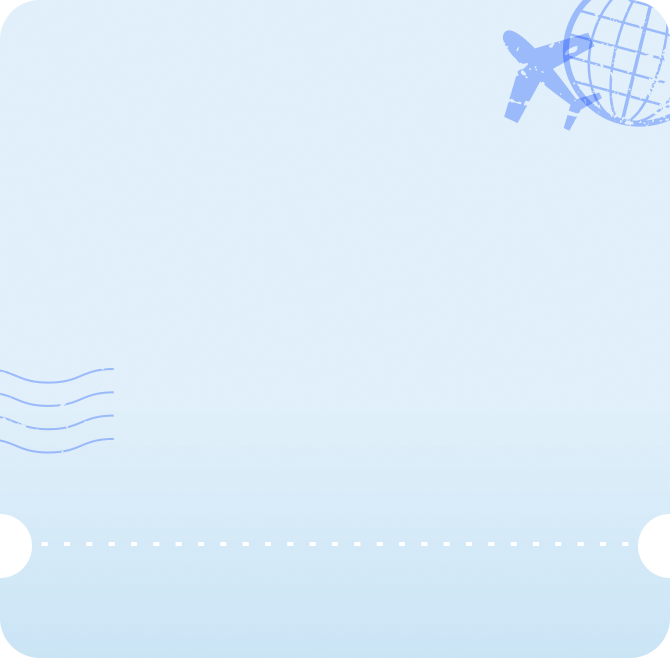
Traveling for the first time can feel exciting but also overwhelming. With so many countries, cities, and hidden gems around the world, choosing your very first destination can be confusing. Here’s a simple guide to help beginner travelers discover the perfect place to start their journey.
1. Identify Your Travel Purpose
Before choosing a destination, ask yourself: Why do I want to travel?
Different people travel for different reasons. Some want to relax, some want adventure, and some want to learn about new cultures. If you want to unwind, beach destinations like Bali or Phuket might be ideal. If you’re curious about history, cities like Rome or Kyoto are great. When you understand your purpose, choosing a place becomes much easier.
2. Set a Realistic Budget
Your budget plays one of the biggest roles in choosing a destination. Beginner travelers should start with places that fit their financial comfort zone.
Consider:
- Flight cost
- Accommodation
- Daily meals
- Transportation
- Activities and entrance fees
Southeast Asia, for example, is very beginner-friendly and budget-friendly. Countries like Thailand, Vietnam, and Malaysia offer amazing experiences without breaking the bank.
3. Consider Travel Distance and Duration
If it’s your first time traveling, try not to go too far. Long flights, jet lag, and complicated visa requirements can make your first trip stressful.
Start with destinations that are:
- Within 3–6 hours of flight
- Have simple or visa-free entry
- Are easy to navigate
Shorter trips help you build confidence and reduce travel fatigue.
4. Check the Season and Weather
Weather can make or break your trip. Always check the local season before choosing your destination.
Avoid:
- Monsoon season
- Extreme winter
- Peak typhoon period
- Peak holiday season (too crowded and expensive)
Pick destinations with comfortable weather so you can enjoy outdoor activities without stress.
5. Research Safety and Ease of Travel
Beginner travelers should prioritize safe and tourist-friendly destinations. Look for countries known for:
- Good public transportation
- English-friendly environments
- Low crime rates
- Clear signage
Japan, Singapore, and South Korea are great for beginners because everything is organized, clean, and easy for tourists.
6. Look for Beginner-Friendly Activities
Choose a destination with activities that match your skill level and confidence.
Examples:
- Walking tours
- Easy hiking trails
- Simple food tours
- Beach relaxation
- City sightseeing
Don’t force yourself into extreme adventures right away. Start slow and enjoy the moment.
7. Read Traveler Reviews and Watch Travel Videos
Beginners can learn a lot from other travelers’ experiences. Check travel blogs, TikTok, YouTube, or Instagram for destination inspiration. Look for:
- Pros and cons
- Things to prepare
- What the place looks like
- Honest experiences
This gives you realistic expectations and helps you avoid common mistakes.
8. Choose a Destination That Matches Your Comfort Level
Your first trip should make you feel excited, not anxious. Pick a place where you feel comfortable with the culture, language, food, and environment. Start simple, build confidence, and explore more difficult destinations later.
9. Use an eSIM instead of a travel SIM card
If you’re visiting a country for the first time, it can be difficult to find an affordable SIM card because many shops in tourist areas charge high prices. To avoid that, you can use Eskimo eSIM, which has fixed prices and can also be used as a hotspot when you’re traveling with friends or family.
FAQs
1. How do I know if a destination is beginner-friendly for solo travelers?
Look for places with strong tourism infrastructure, active traveler communities, and beginner-focused tours. Destinations with many hostels, group activities, and clear public transportation systems are usually great for first-time solo travelers.
2. Should I start with a guided tour or travel independently?
If you feel nervous, a short guided tour at the beginning of your trip can help you learn how things work. After gaining confidence, you can explore independently for the rest of your trip.
3. What documents should a beginner traveler always prepare?
Make sure you have a valid passport, travel insurance, emergency contacts, and digital copies of important documents.
4. How early should I book flights and accommodation for my first trip?
For first-time travelers, it’s best to book flights 2–3 months in advance and choose accommodation with free cancellation.
5. How can I avoid feeling overwhelmed on my first trip?
Create a simple daily plan with only a few activities, leave room for rest, and don’t try to visit too many places at once. Keeping your itinerary flexible helps you enjoy the trip without pressure.
















